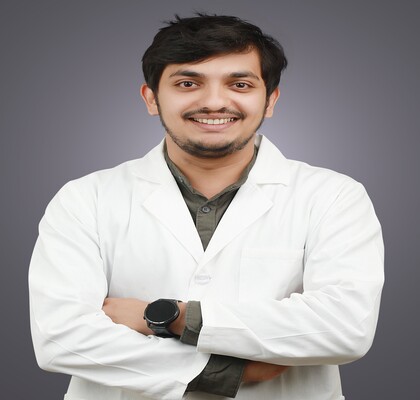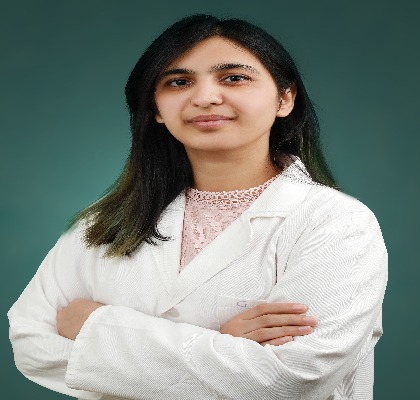



Associate Professor
Publications
Group Members

Thesis submitted

SRF

SRF

JRF
Research
The Cellular Nanomedicine and Chemical Biology Laboratory, headed by Prof. Manu Lopus, focuses on understanding the biology of cancer progression and drug resistance, the development of green nanotechnology-based drug formulations and drug delivery systems, the mechanistic details of drug action in cancer cells, and nanoparticle-mediated thermosensitization, chemosensitization, and radiosensitization of cancer cells. In these investigations, we use a combination of cellular and biophysical experiments, super-resolution microscopy, and computer-assisted simulations.
Green nanotechnology-based drug formulations and drug-delivery systems: Over the past couple of decades, nanoformulation of existing anticancer drugs and other natural product molecules has emerged as a potential therapeutic strategy to enhance the efficacy and target-specific delivery of anticancer drugs. We are focusing on the development of green nanotechnology-assisted nano-formulations of natural product molecules and potent phytochemicals of Ayurvedic herbs for their therapeutic efficacy and modes of action.
Non-apoptotic cell death mechanisms: One of the prevalent features of cancer cells is their resistance to natural or drug-induced apoptosis. Although several alternate cell death mechanisms have been identified, the biology of these non-apoptotic cell death mechanisms is not yet fully comprehended. Understanding the molecular details of these mechanisms would help identify potential inducers that can kill cancer cells that are resistant to apoptosis.
Collaborators & Mentors
Collaborators
External Links
UM-DAE Centre for Excellence in Basic Sciences
Nalanda Building, University of Mumbai, Vidyanagari, Mumbai 400098, India.
NEST/Outreach:+9186570 26481
NEST/Admissions:+9186570 26482
General Enquiries: info@cbs.ac.in
Admissions Queries:admissions@cbs.ac.in
Web: https://cbs.ac.in